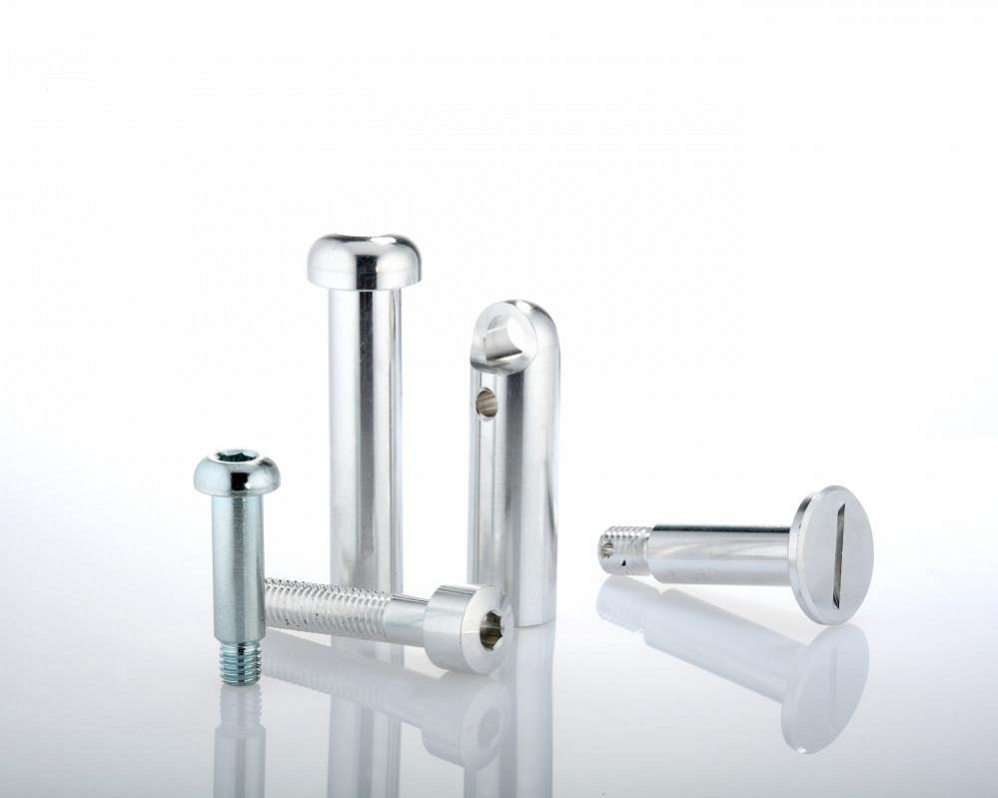The Specification of Steel Screw Machined Parts
September 08, 2023
Screw Machined Parts Display

The specifications of steel screw machined parts can vary depending on the specific application and industry requirements. However, here are some common specifications that are often considered:
1. Material: Steel Screw Machined Parts are typically made from various types of steel, including carbon steel, stainless steel, alloy steel, and tool steel. The choice of material depends on factors such as strength requirements, corrosion resistance, heat resistance, and cost-effectiveness.
2. Dimensions: Steel screw machined parts are manufactured to precise dimensions according to customer specifications or industry standards. This includes the overall length, diameter, thread size, and tolerance levels. Tight tolerances are often required to ensure proper fit and function within the assembly.
3. Surface Finish: The surface finish of steel screw machined parts is important for both aesthetics and functionality. Common surface finishes include smooth, polished, or plated finishes that provide corrosion resistance, aesthetic appearance, or improved lubrication properties.
4. Thread Type: Steel screw machined parts may feature different types of threads depending on the application. This includes metric threads (e.g., M4, M6) or imperial threads (e.g., ¼-20, 10-32). The thread pitch and profile (such as metric, unified, or ACME) are specified to ensure compatibility with mating parts.
5. Strength and Hardness: Steel screw machined parts need to meet specific strength requirements depending on the application. Strength is typically defined by the steel grade and hardness. The hardness may be specified using Rockwell hardness (e.g., HRC, HRB) or Brinell hardness (HB).
6. Tolerance Levels: Stainless Steel Screw Machine Parts must often adhere to tight tolerance levels to ensure proper functionality and fit within the assembly. Tolerances are specified for dimensions such as diameter, length, thread pitch, concentricity, and positional accuracy.
7. Surface Treatment: Steel screw machined parts may undergo various surface treatments to enhance their performance and durability. This can include processes like heat treatment, case hardening, black oxide coating, electroplating, galvanization, or passivation to improve corrosion resistance, wear resistance, or to provide a specific aesthetic finish.
8. Certifications and Standards: Depending on the industry and application, steel screw machined parts may need to meet specific certifications, standards, or quality control requirements. This can include certifications such as ISO 9001, AS9100 (aerospace), or medical device manufacturing certifications (e.g., ISO 13485).
It's important to note that the specifications of steel screw machined parts may vary greatly depending on the specific requirements and standards of the industry they are being used in. Therefore, it is recommended to consult with an experienced manufacturer or engineer to determine the precise specifications necessary for a particular application.


